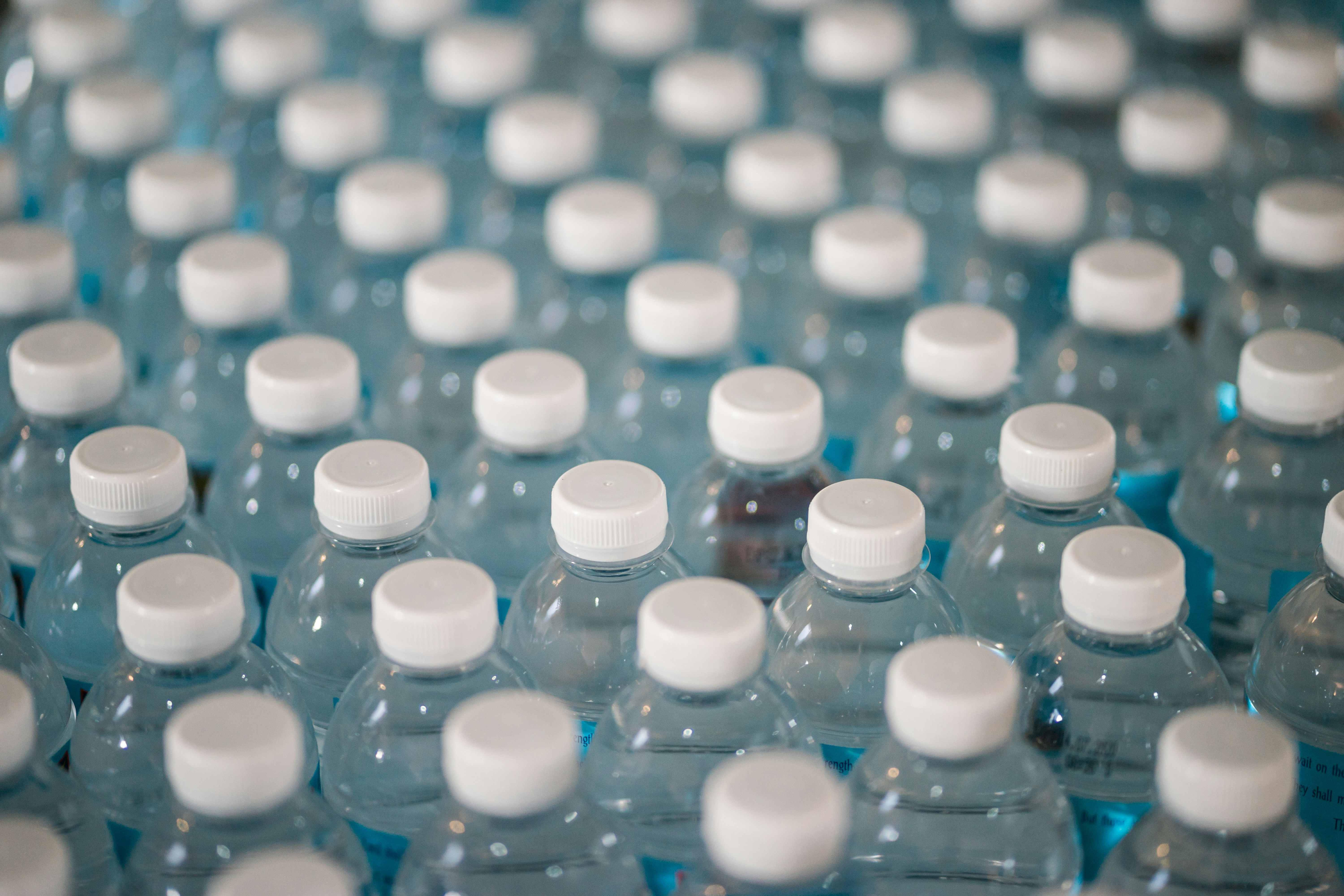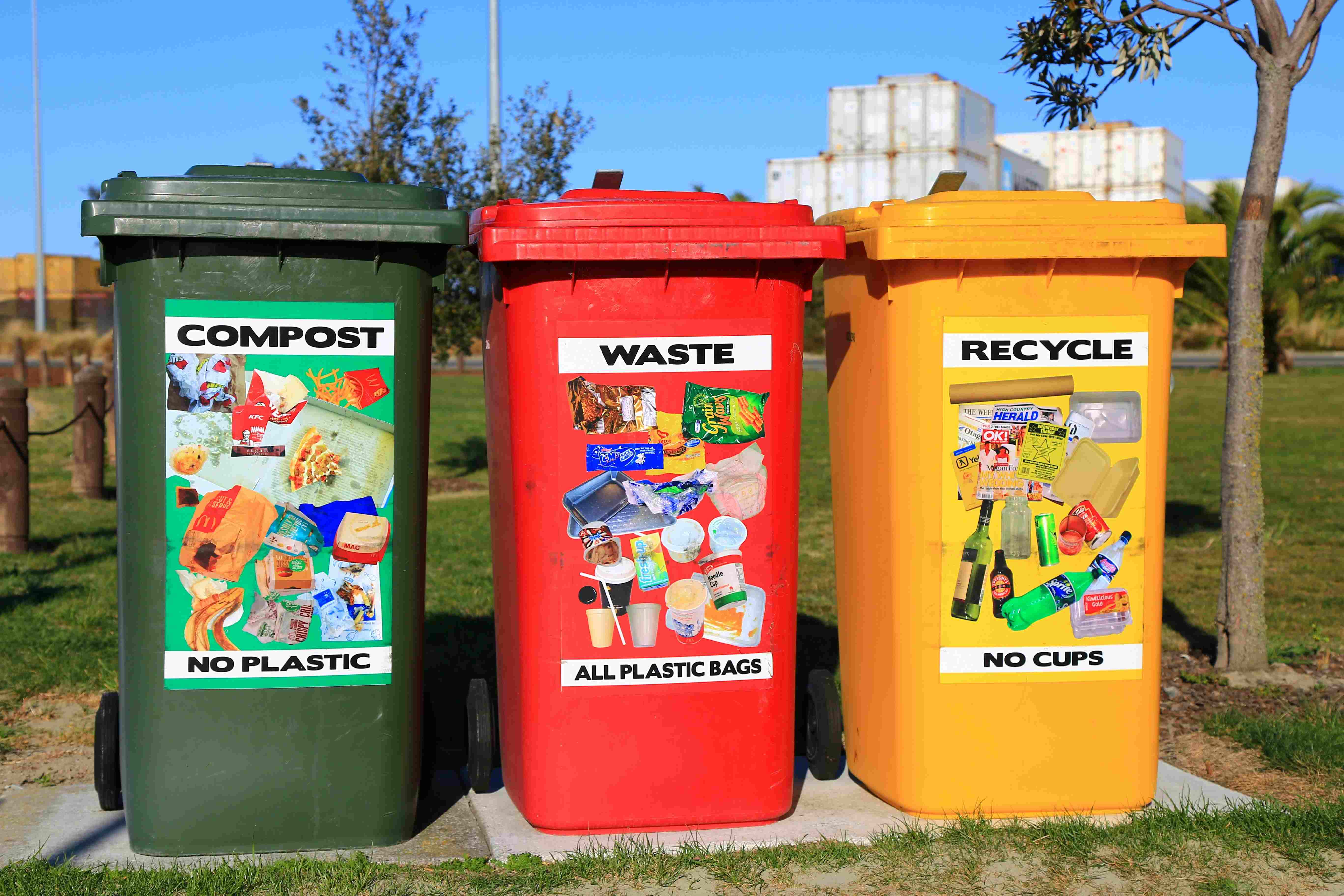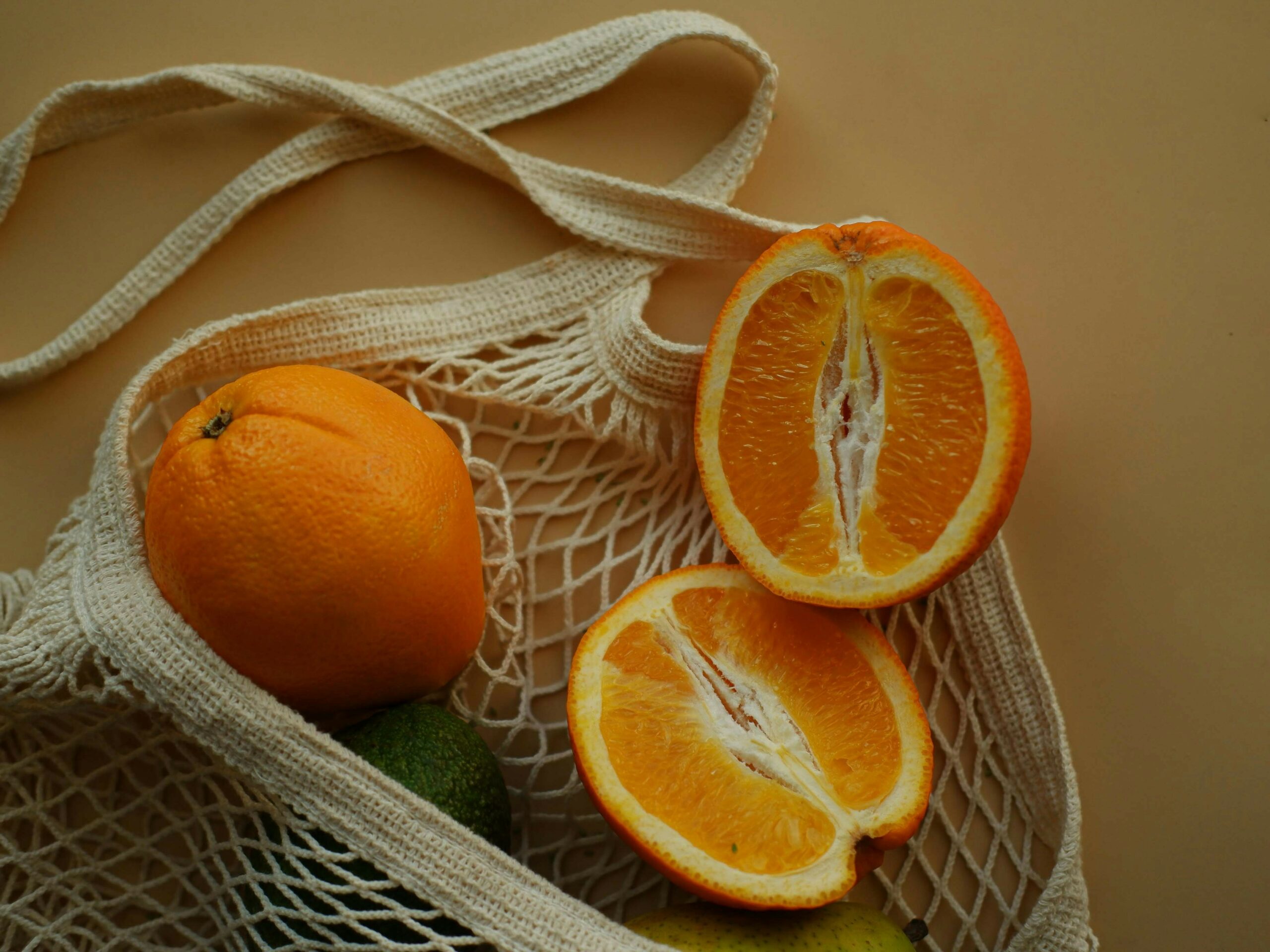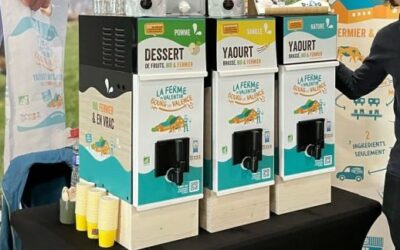You’ve probably noticed the rise of “attached caps” on bottles and cartons lately. Since July 2024, this system has been mandatory in France. It’s part of France anti-waste law (AGEC law), designed to reduce plastic waste and promote a more sustainable circular economy.
In today’s consumer society, plastic packaging is everywhere, often used once and thrown away, even when unnecessary, like shrink-wrapped fruits and vegetables. The AGEC law introduces a range of anti-waste measures to reduce waste and shift consumption habits toward long-term sustainability.
Main anti-waste solutions under the France anti-waste law
France anti-waste law, officially passed in 2020, aims to drastically reduce waste through five core actions:
Better consumer information
A unified sorting logo (“Triman”) and national color codes for waste bins make recycling easier and more consistent across the country.
Fighting planned obsolescence
The law introduces repairability and durability indexes, promotes better software compatibility, and encourages repair through financial bonuses.
Improving product design
The polluter-pays principle is reinforced through mandatory eco-design plans and a bonus-malus system for producers.
Eliminating single-use plastics by 2040
The phase-out began in 2021 with a ban on plastic straws, cutlery, and foam containers, and targets a 50% reduction in plastic bottle production by 2030.
Fighting waste and supporting reuse
Non-food unsold items can no longer be destroyed. Food waste must be donated to charities instead of discarded.
The law also regulates marketing claims on packaging. For example, the term “biodegradable” is now banned, as it wrongly suggested that littering has no environmental consequences.
As you can see, France anti-waste law targets companies first and foremost. But what about actions individuals can take?
Buying in bulk to fight waste
Bulk shopping offers two major benefits.
First, it reduces packaging waste, since products are sold without single-use plastic.
Second, it helps cut food waste by allowing customers to buy only what they actually need.
Not all products are suitable for bulk, such as those that require child-proof packaging. But to encourage its use, France anti-waste law has required since January 2021 that all retailers allow customers to bring clean, reusable containers. Takeaway drink vendors must also offer a price reduction to customers who bring their own cup.
Buying in bulk is a simple and effective way for consumers to engage in anti-waste practices.
Understanding expiration dates to avoid food waste
For consumers, food waste is often the easiest type of waste to reduce. One simple habit is to better understand food labeling.
The DLC (“use by” date) marks a strict limit for perishable products. Eating them after this date may pose health risks.
The DDM (“best before” date) is more flexible. Products may lose flavor, texture, or nutritional quality after the date, but they are still safe to eat.
By learning the difference, consumers can safely extend the life of food and cut unnecessary waste.
Too Good To Go and Phenix: smart anti-waste solutions
Several companies have emerged in France to tackle food waste head-on. Two of the most effective are Too Good To Go and Phenix.
Too Good To Go
According to a WWF study, 40% of the world’s food goes to waste. Through Too Good To Go, shops and restaurants can sell surprise “magic bags” filled with unsold items like produce, pastries, and more. These are products that would otherwise end up in the trash. The number of bags available depends on daily surplus.
Phenix
Phenix helps businesses clear unsold inventory by offering surplus goods to consumers through its app. Unlike Too Good To Go, Phenix also includes non-food items, like unsold flowers from florists.
Millions of people across France already use these platforms to reduce waste, save money, and support a circular economy. You can too.
In conclusion
France anti-waste law marks a major shift in the fight against waste and the push for a circular economy. From banning single-use plastics to encouraging reuse and smarter labeling, it lays out concrete steps to reduce our environmental footprint.
Alongside these national measures, everyday actions (like buying in bulk or using anti-waste apps) prove that individuals can make a difference. The success of this law ultimately depends on our ability to adopt new habits and support waste reduction at all levels.
Together, we can build a more responsible future where waste is no longer the norm. Let’s make the anti-waste movement part of our daily lives.
Publisehd on 19/08/2024












